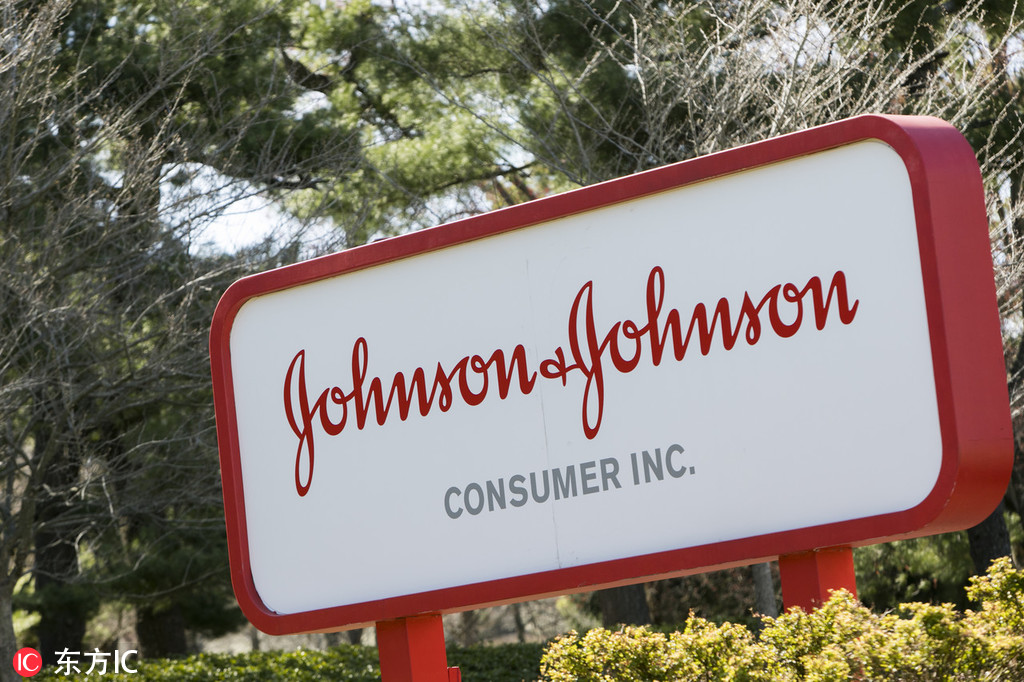J&J to introduce more brands in nod to China opening-up


US healthcare giant Johnson & Johnson, owner of brands such as Neutrogena, Listerine and Band-Aid, is planning to bring dozens more of its products and technologies to China, after being encouraged by the country's recent opening-up and backing of science.
"We believe that China will see the establishment of an innovative life sciences ecosystem. This will be a key driving force behind China's efforts to lead the world toward a healthier future," said Vladimir Makatsaria, chairman of J&J China.
"We are also seeing an increasing diversification of market demands for healthcare. These major changes will accelerate innovation and reshape the entire healthcare industry over the next 20 to 30 years," he added.
The firm was one of the first foreign pioneers to enter China in the 1980's, when it set up the joint venture Xi'an-Janssen Pharmaceutical Ltd. Today, the New-Jersey-headquartered firm has nine manufacturing plants in China, with two more in the pipeline. Its China offices are staffed by over 10,000 people, including 700 scientists focused on research and development.
In 2008, the firm took over China's homegrown skincare brand Dabao. Motivated by opening-up, it now aims even more involvement in the local market, with some 30 of its overseas products scheduled to be introduced into China over the next twelve months.
"This (the speed to introduce new products) has greatly benefited from the increasing openness and favorable policies China has adopted for import business in recent years," said Xie Bing, president of J&J China Consumer sector.
"From cross-border trade, to free trade zones, and the China International Import Expo ... what we see as a foreign company is a more and more open market in China. It not only means simplified procedures and efficiency, but actually boosted business," she added.
One brand to benefit from the streamlined measures is Japanese skincare brand Dr Ci:Labo, which J&J bought in 2016 and planned to introduce globally. It took the company less than four months, down from one to two years, to complete all the registration procedures before it hit Chinese shelves mid-2017.
As a result, one of the brand's best-selling lotions saw sales of 300,000 bottles in just six months after launching on China's e-commerce platform Tmall, and upwards of 70,000 bottles on the day of June 18, China's mid-year shopping spree.
While the company would not disclose revenue or growth rate by market or region, Xie noted that the consumer sector alone has been enjoying high double digit growth in China, one of the company's top five markets globally, in 2017 and 2018.
Contact the writer at xujunqian@chinadaily.com.cn

































